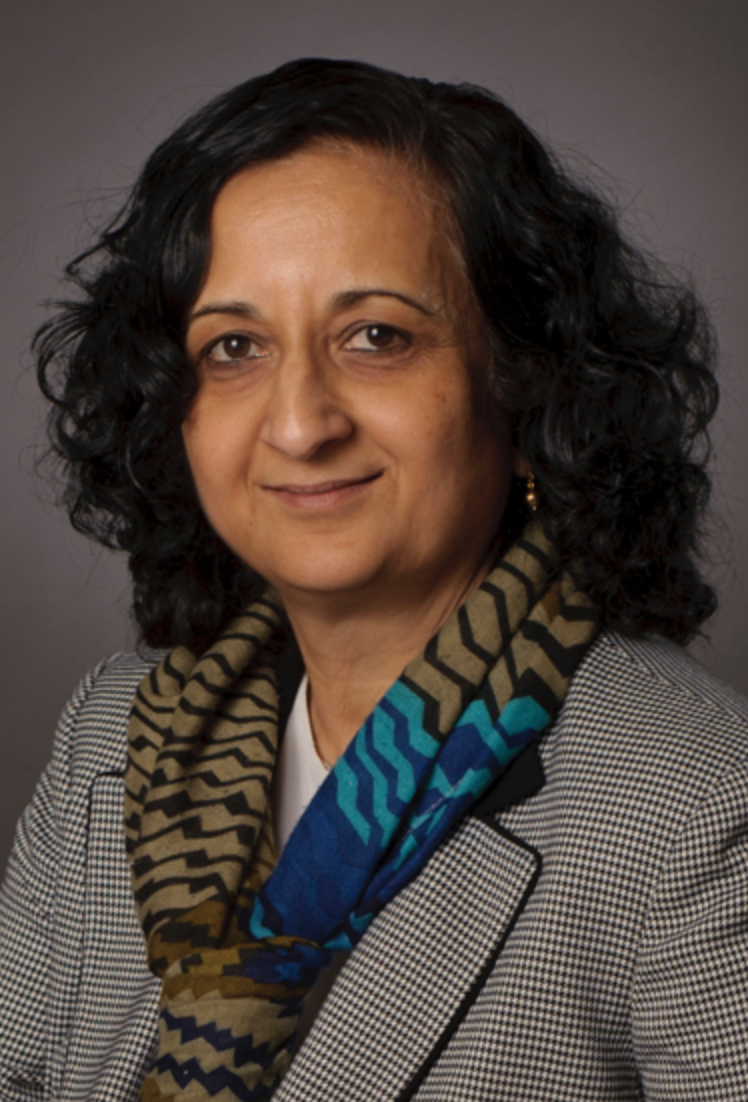Socially Responsible Human Cyber-Physical Systems - CPHS and Social Responsibility
Bio: 
Dr. Anuradha Annaswamy received her Ph.D. in Electrical Engineering from Yale University in 1985. She has been a member of the faculty at Yale, Boston University, and MIT where currently she is the director of the Active-Adaptive Control Laboratory and a Senior Research Scientist in the Department of Mechanical Engineering. Her research interests pertain to adaptive control theory and applications to aerospace, automotive, and propulsion systems, cyber physical systems science, and CPS applications to Smart Grids, Smart Cities, and Smart Infrastructures. She is the author of a hundred journal publications and numerous conference publications, co-author of a graduate textbook on adaptive control (2004), co-editor of several reports including “Systems & Control for the future of humanity, research agenda: Current and future roles, impact and grand challenges,” (Elsevier) “IEEE Vision for Smart Grid Control: 2030 and Beyond,” (IEEE Xplore) and Impact of Control Technology, (ieeecss.org/main/IoCT-report, ieeecss.org/general/IoCT2-report).
Dr. Annaswamy has received several awards including the George Axelby and Control Systems Magazine best paper awards from the IEEE Control Systems Society (CSS), the Presidential Young Investigator award from NSF, the Hans Fisher Senior Fellowship from the Institute for Advanced Study at the Technische Universität München, the Donald Groen Julius Prize from the Institute of Mechanical Engineers, a Distinguished Member Award, and a Distinguished Lecturer Award from IEEE CSS. Dr. Annaswamy is a Fellow of the IEEE and IFAC. She has served as the Vice President for Conference Activities (2014-15), and is currently serving as the VP for Technical Activities (2017-18) in the Executive Committee of the IEEE CSS.
Abstract:
Over the past few decades, the cyber-footprint, in terms of sensing, communication, computation, and control, has been steadily increasing in all sectors, leading to Cyber-Physical Systems (CPS). Increasingly, many CPS are leading to interactions with humans, leading to Cyber-Physical-Human Systems (CPHS). Examples of CPHS abound in transportation, both in ground and in air, in energy such as power grids, and in robotics. The connections between humans and CPS in a general CPHS are intricate, varied, and complex. The nascent field of CPHS has begun to explore the role of humans in the analysis and synthesis of safe, resilient, and efficient large-scale systems.
Typical goals in CPHS involve resource allocation and optimization. Current solutions have not explicitly addressed issues related to social responsibility, or issues of fairness and inequities of collective populations. While behavioral models of humans and socio-technical systems are beginning to be explored in CPHS, how they can be integrated with socially responsible goals have not been investigated. The needs and requirements of consumers, customers, end-users, and the underlying society need to be considered as an integral part of the overall performance. In this talk, some of the fundamental challenges in the development of socially responsible CPHS will be addressed. Two examples are discussed in detail, related to energy justice in power grids and dynamic pricing in urban mobility, and tools for successful CPHS that are socially responsible are explored.